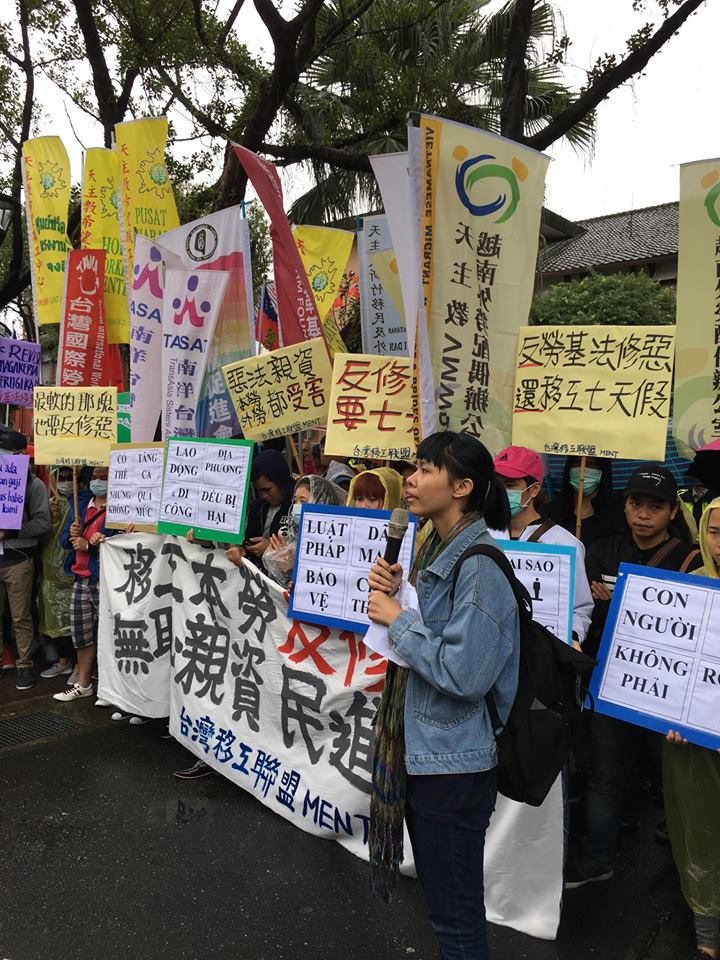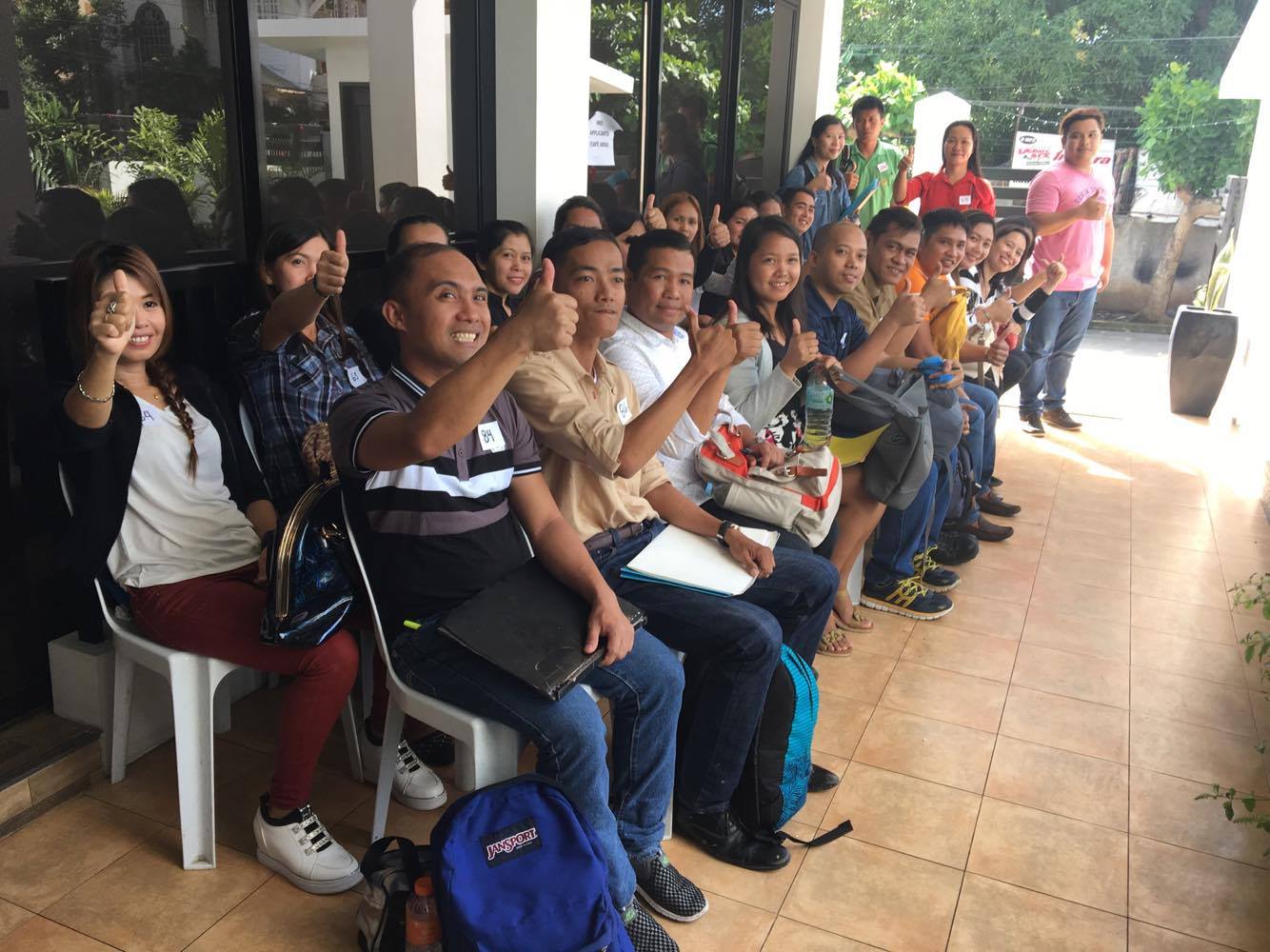More than 70 migrant workers, led by a non-governmental organization fighting for improved labor rights, staged protests outside Taiwan’s Legislation Yuan and the Ministry of Labor in an effort to prevent the passage of amendments to the controversial five-day-workweek policy.
Some members of labor groups also started a rally featuring a hunger strike outside the Labor Ministry on Monday, demanding the resignation of Minister Lin Mei-chu, Taiwan Times reported.
Previously the government, in order to implement the controversial five-day-week policy, under which workers were supposed to be provided one leave day for every six consecutive workdays, took away seven public holidays to which they had been entitled.
Zhuang Shu-qing of the Migrants Empowerment Network in Taiwan (MENT) said workers could be exploited if the proposed “flexible working hours”, which involved loosening the requirement of providing workers one day off for every six consecutive workdays, and increasing maximum monthly working hours, were allowed to pass.
The government had given its assurance that the loosened policies would first have to be mutually agreed by both employer representatives and their labor counterparts before going into effect.
Zhuang argued that blue-collar workers were often left with no choice but to accept every term laid out by their employers as they lacked the bargaining power to negotiate for their rights, given language barriers, insufficient information and the absence of the legal right to change their jobs.
The draft amendment in question, for instance, was only available in Chinese, but not in any of the migrant workers’ native languages, added Zhuang, who was worried that if it were passed it would “legalize” the forcing of vulnerable workers to work overtime by inhumane employers.
Jian Chang-jung, also from MENT, said 660,000 migrant workers would become the latest victims of Taiwan labor law if the amendment went through. He urged the government to take the responsibility of supervising or facilitating employer-employee meetings instead of leaving the two parties to reach a fake consensus.







